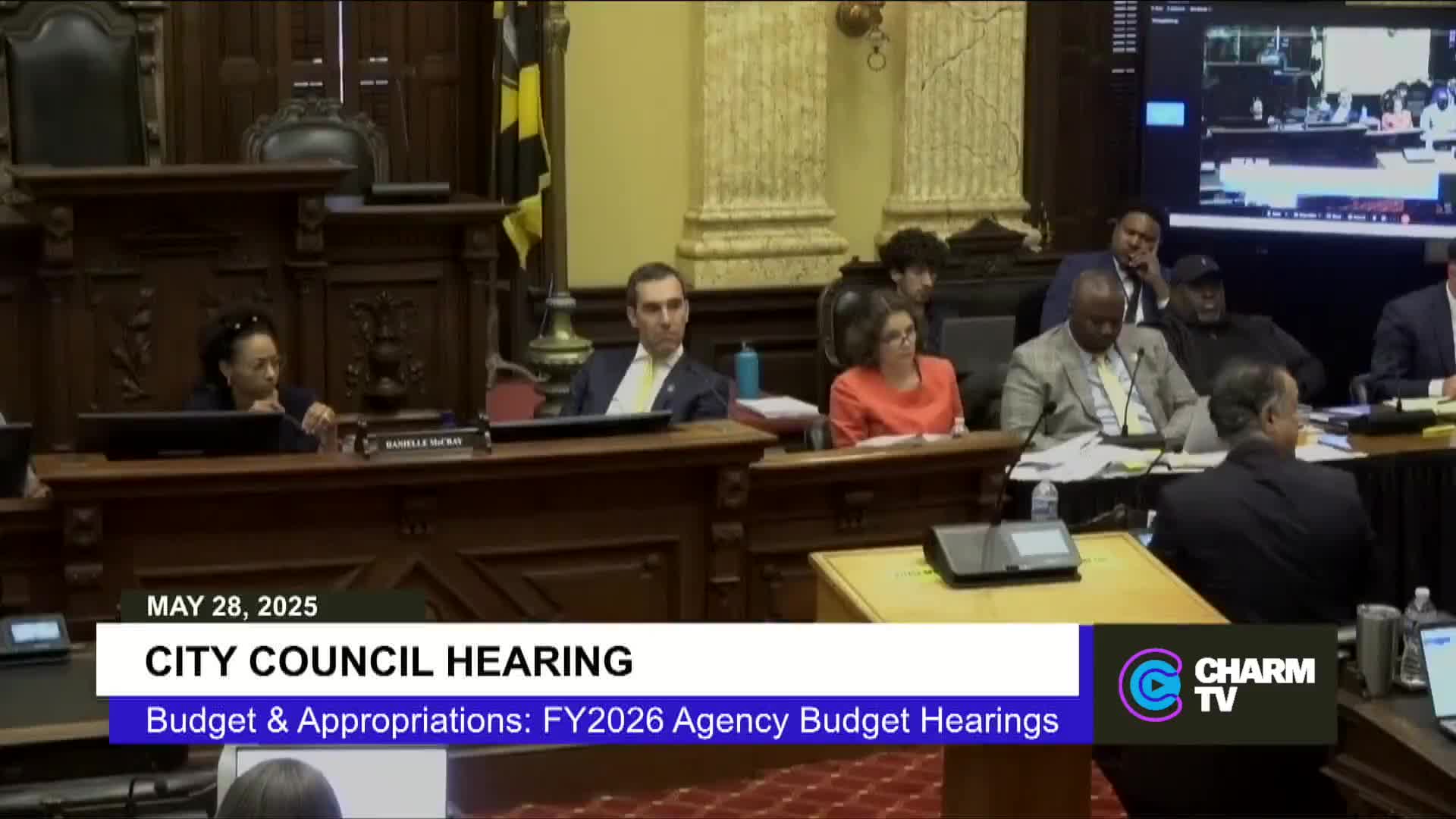Article not found
This article is no longer available. But don't worry—we've gathered other articles that discuss the same topic.
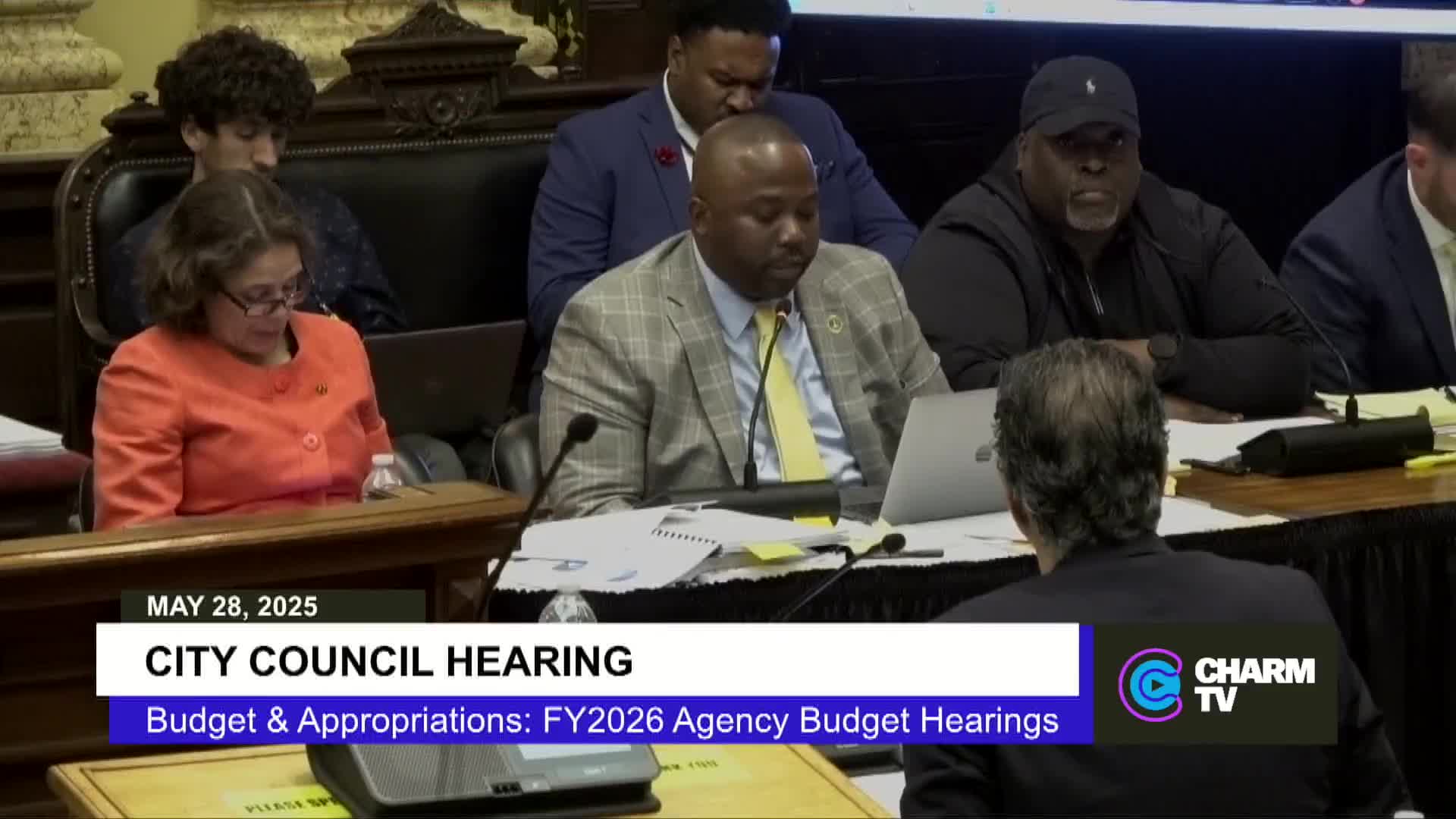
DPW says long-term plan for sewer-overflow reduction will cost over $2 billion; DOJ sign-off pending
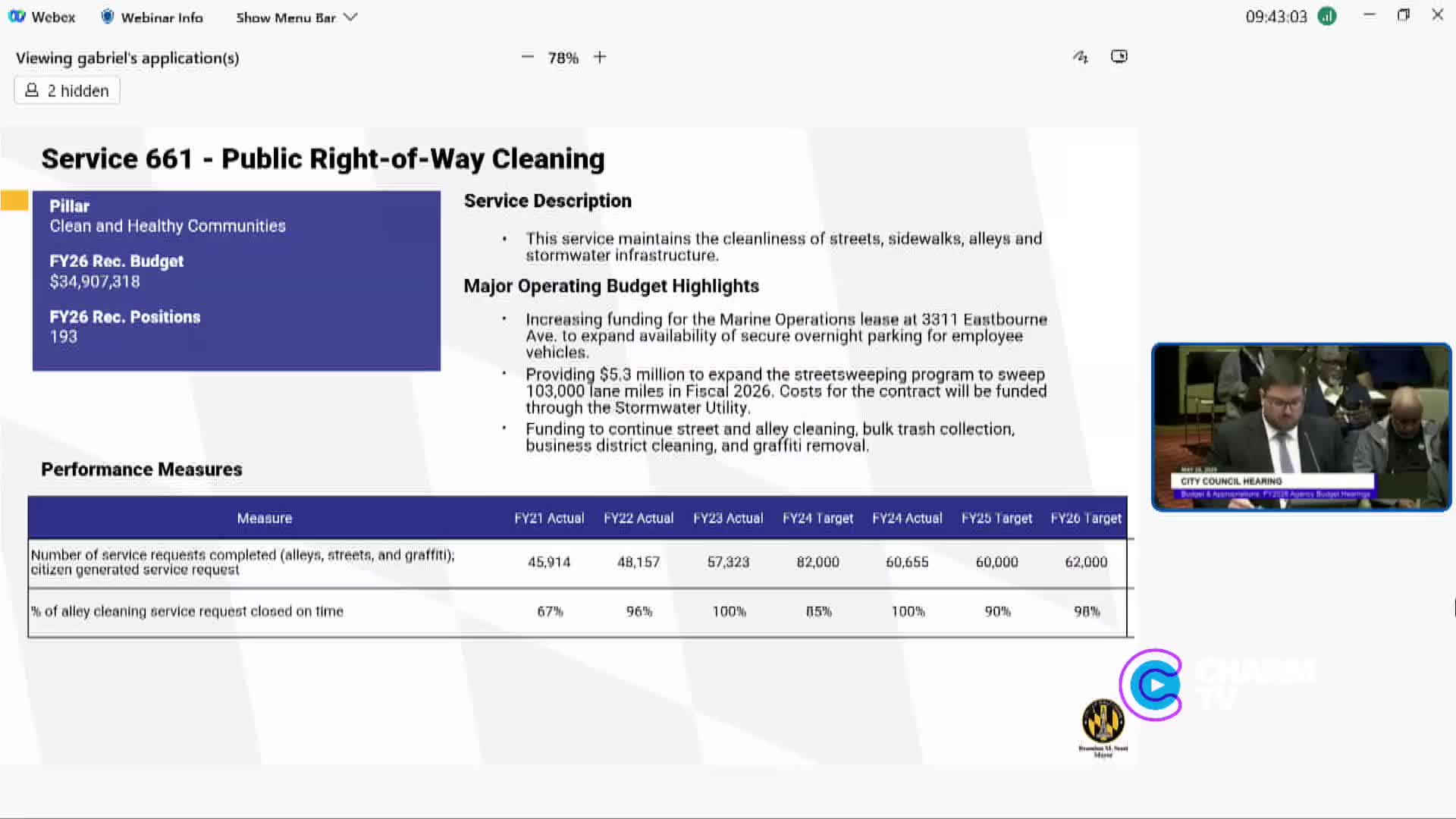
DPW keeps street sweeping, contracting and composting options on the table while planning fleet and crew expansions
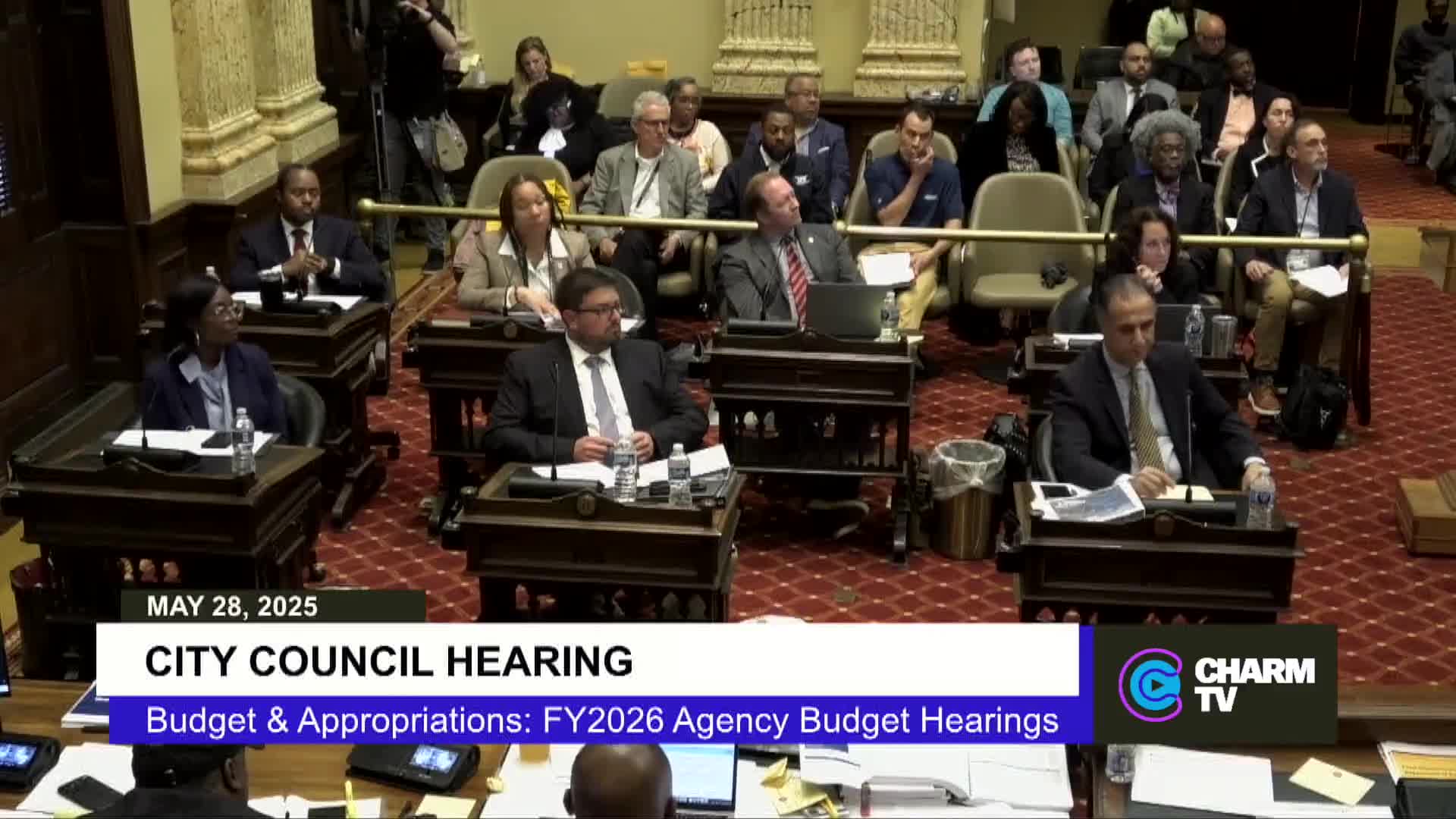
Office of Water Advocacy explains appeals process as council seeks better billing outreach
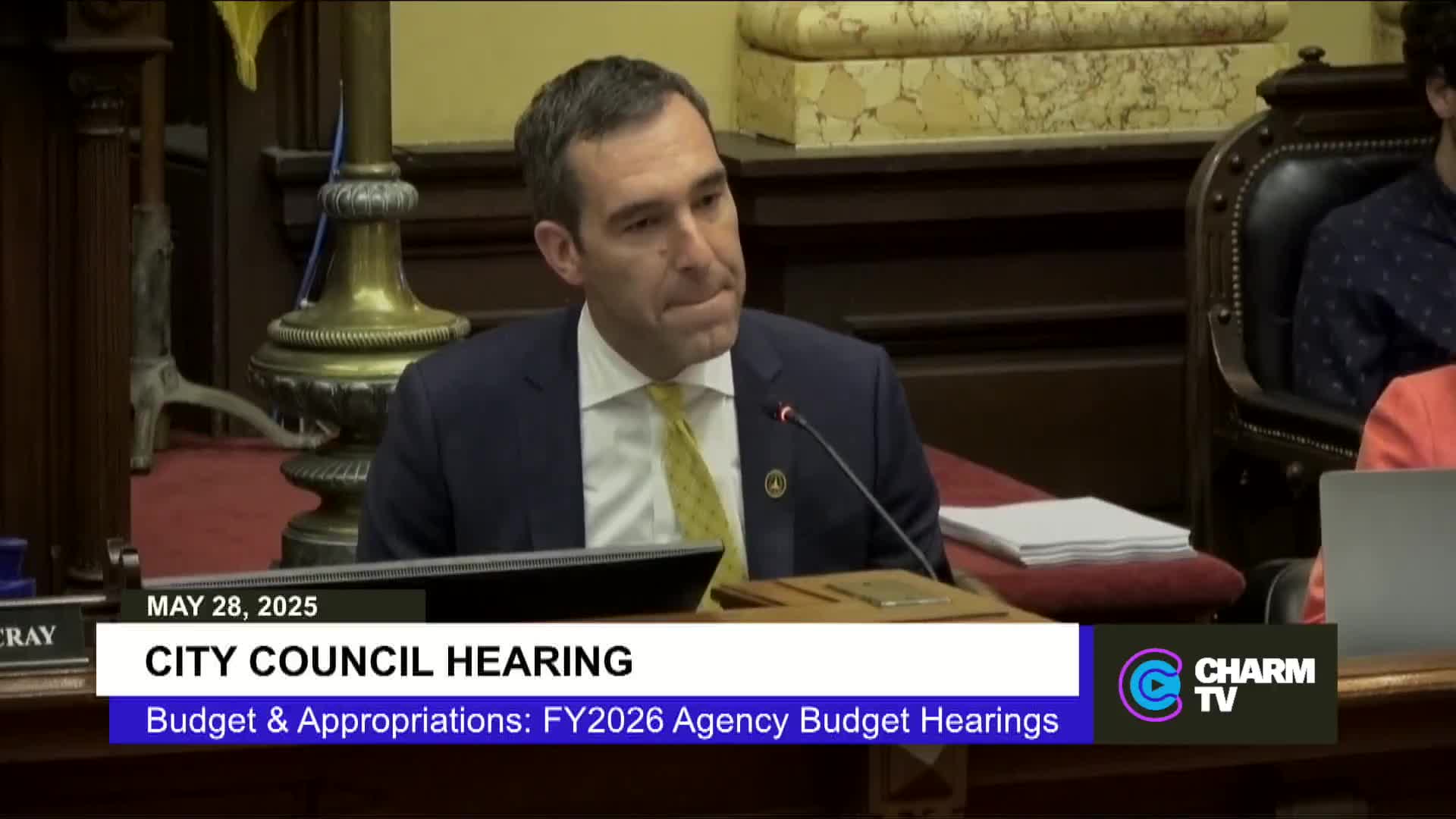
Council presses DPW on frontline safety after ride-along; director describes heat-safety plan and PPE distribution
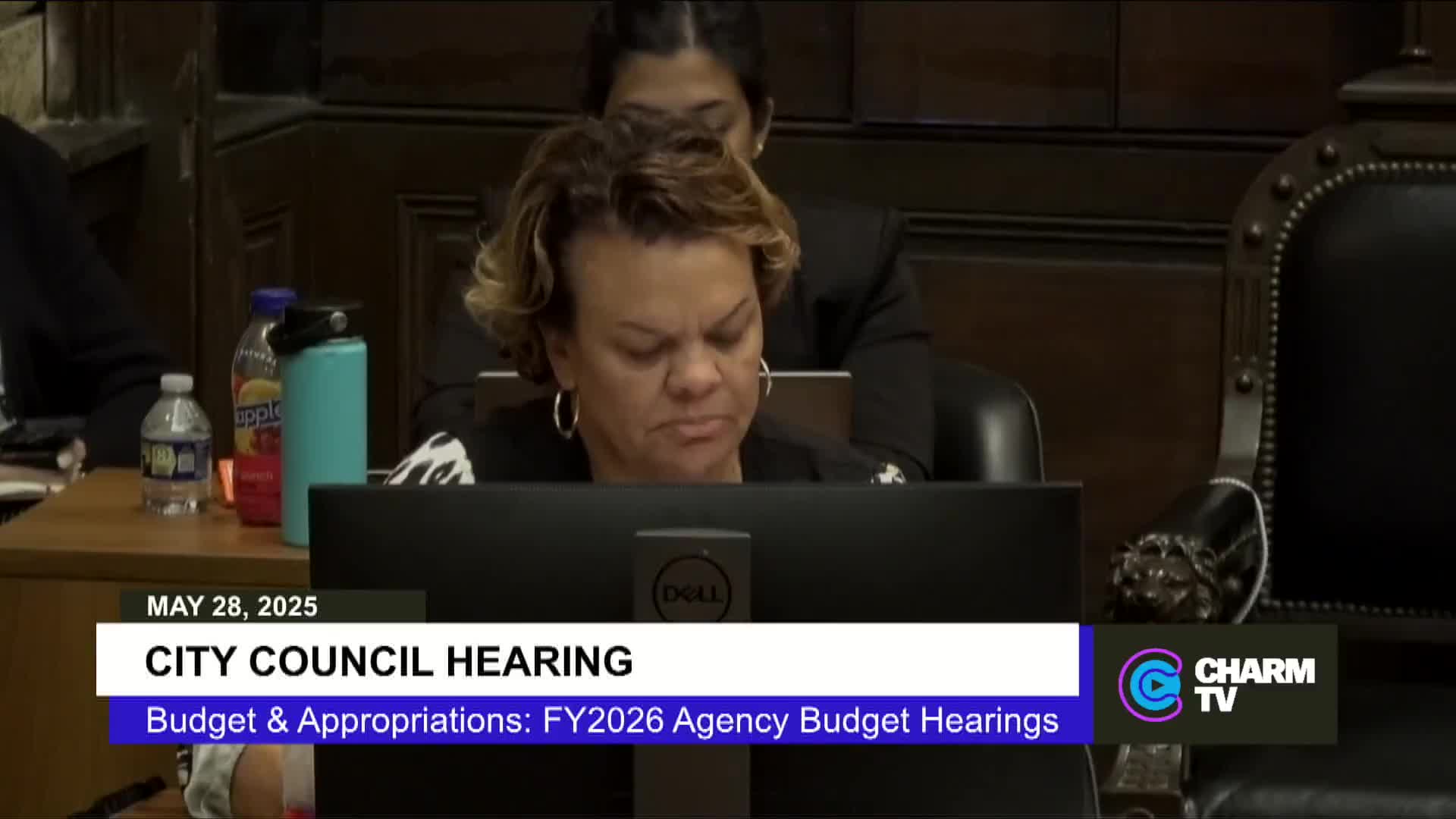
DPW outlines FY26 budget shifts, adds crews and transfers positions to support services
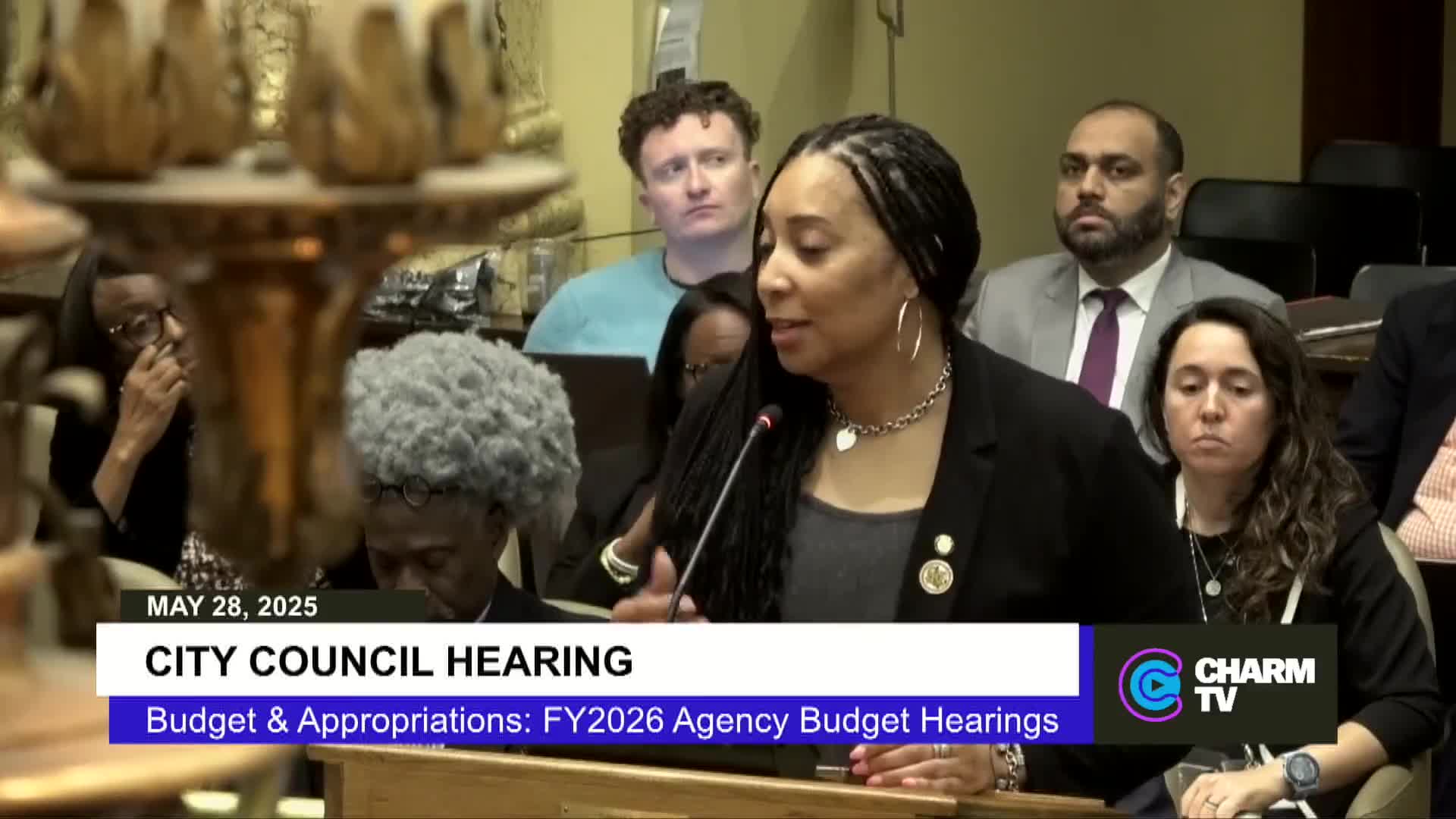
DPW defends 9% rate increase as collections push continues; $207M in aged arrears cited
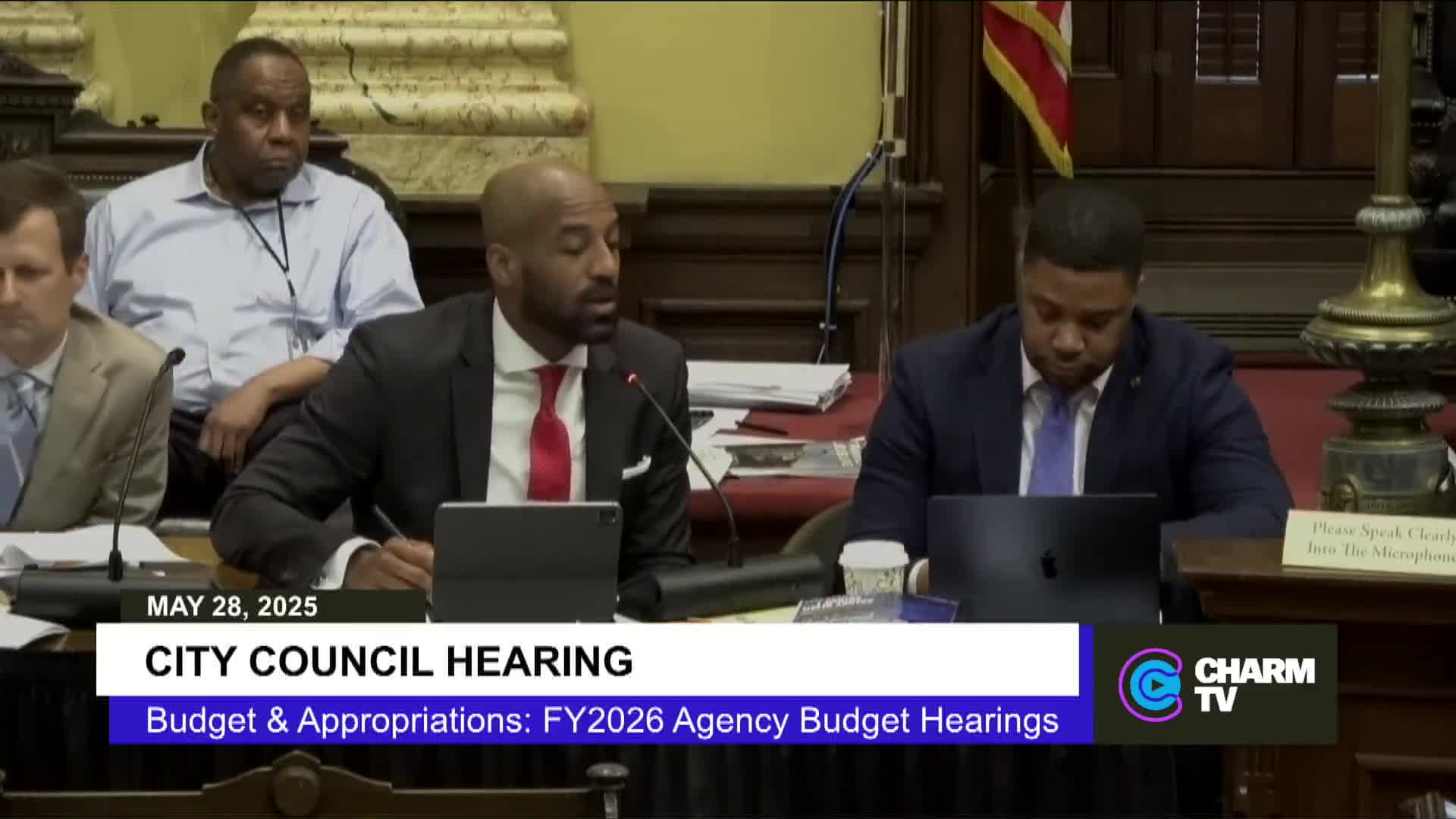
Wastewater chemical costs spike — DPW cites 230% methanol increase — officials weigh alternatives
